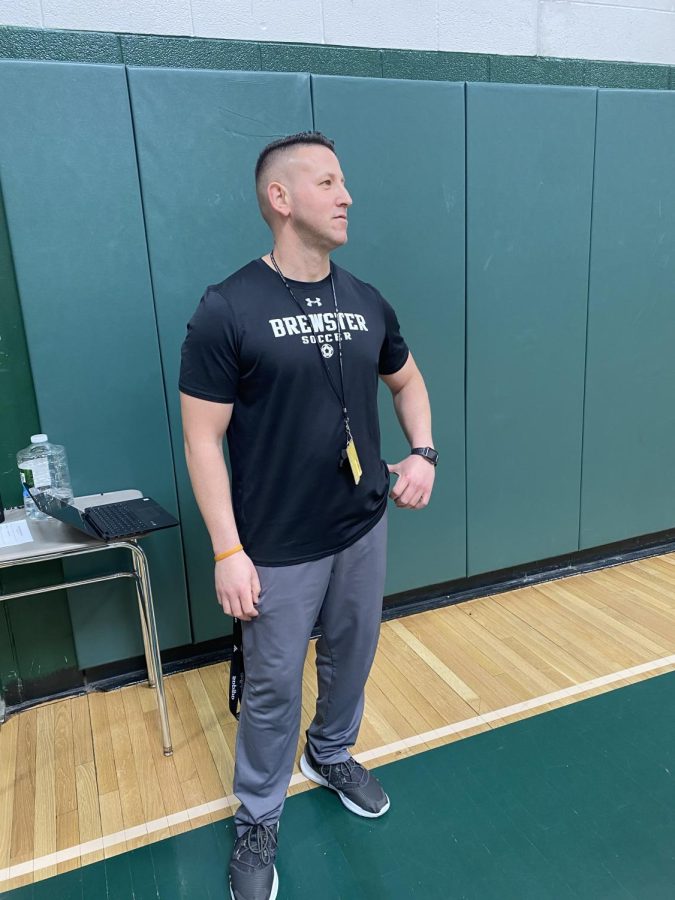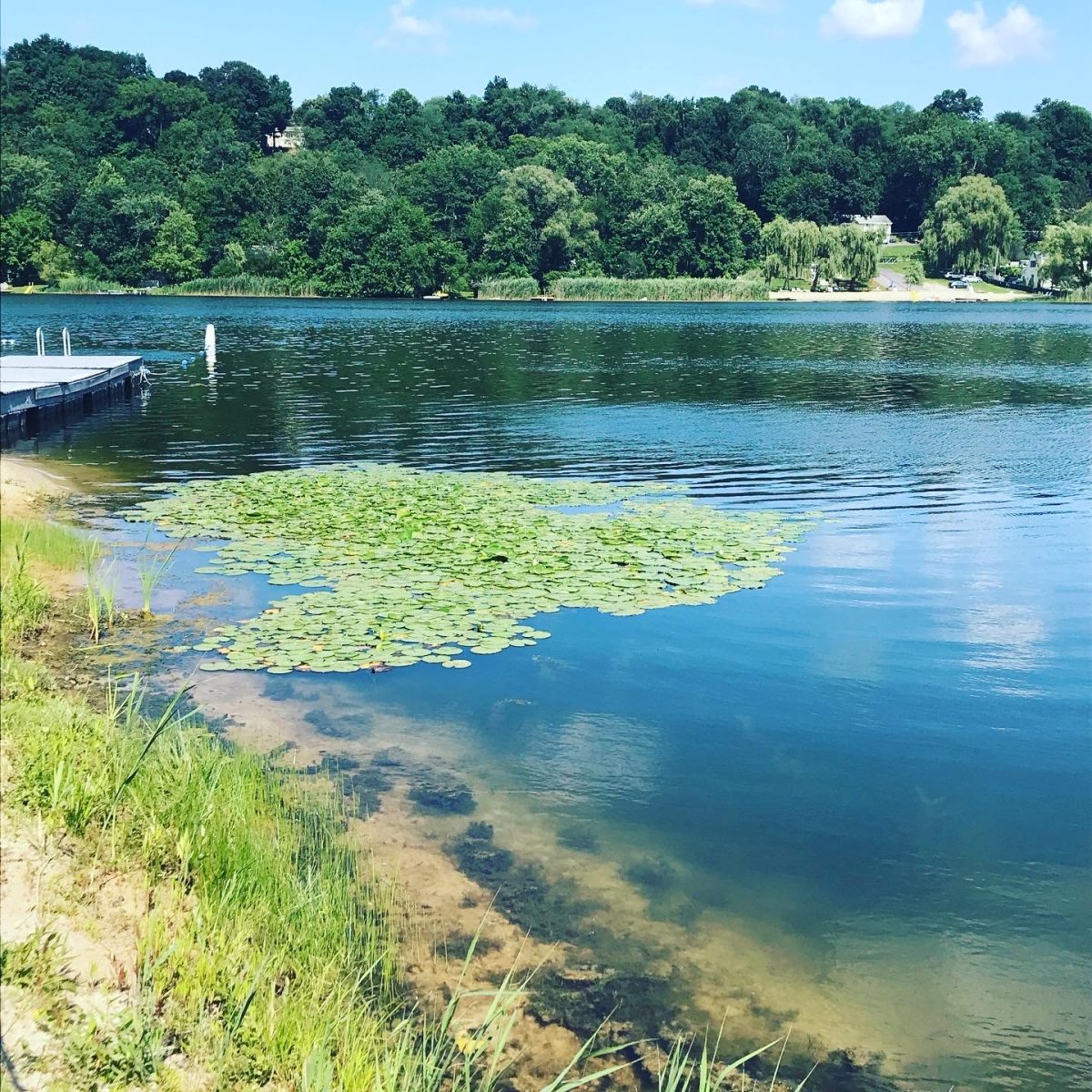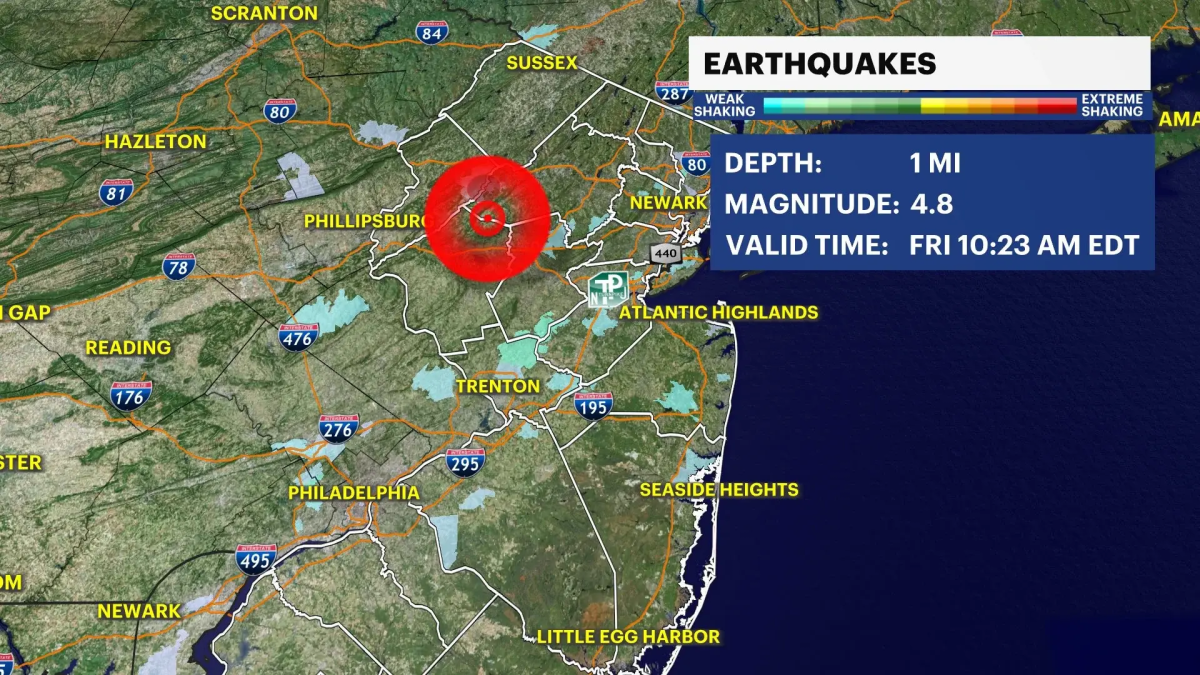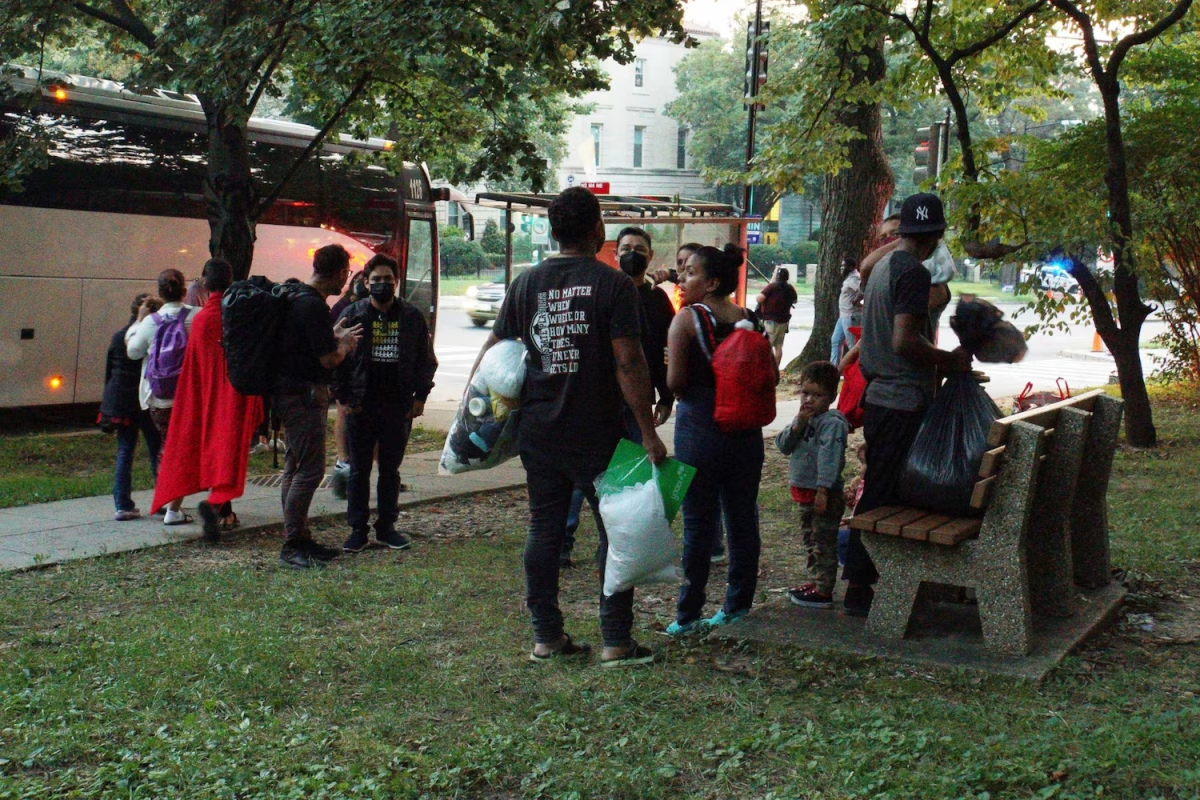This past summer, harmful algae blooms (HABs) at Tonetta Lake canceled many peoples’ summer plans, forcing visitors off the local beach, and out of the water. However, this not only affected the local community, but also many lakes across New York. With over 1,000 reports in NY confirming the HAB status of lakes by the New York Harmful Algal Bloom System, it’s important to look at why HABs are so harmful, not only for our bodies of water, but also for our local communities.
According to the Department of Health, HABs are commonly caused by blue-green algae (the common name for cyanobacteria). Blue-green algae consists of groups of tiny single-celled organisms that naturally occur in streams, oceans, and lakes. Some of these cyanobacteria, however, produce toxins and multiply rapidly in size, discoloring the water or producing floating clumps. When toxic algae blooms surfaced in the water, the Putnam County Department of Health had to close beaches along Lake Tonetta intermittently over the span of three weeks in July and August.
Although some algae do occur naturally, fertilizers (from farming and lawn runoff) along with urban development (from houses and neighborhoods) can cause conditions in bodies of water, such as Lake Tonetta, to drastically worsen. Along with this, if sewage waste leaches from out-of-date or damaged septic systems, unhealthy amounts of nutrients like nitrogen and phosphorus can pump into lakes, causing an unhealthy amount of blooms.
Extreme weather can also cause HABs to develop. For example, one of Lake Tonetta’s closures came in mid-July following severe thunderstorms and heavy flooding.
But why are HABs so bad?
HABs can cause health effects in people and are especially dangerous to animals like dogs, who don’t mind drinking and swimming in contaminated lake water. Simply swallowing or inhaling droplets can cause harm to humans, and even death to dogs. When blooms occur, the water is tested by the Health Department and beaches are closed until the water is deemed safe again.
But how do HABs affect local communities, such as Brewster?
Lake Tonetta is the home of the Town of Southeast’s Swimming Lessons, which educate children K-6th grade on swimming and water safety. However, as a result of developing algal blooms, the camp had to intermittently switch to out-of-water locations, inhibiting the teaching of the next generation of swimmers. Along with the camp, the lake’s regular hours were affected, causing many short-notice closures. With the lake having to close sporadically, sometimes with little notice, the lake’s regular patrons and supporters were not able to enjoy the public facility.
As a result of these recent trying conditions, this past summer Assemblyman Matt Slater (R-Yorktown) proposed “Save Our Lakes,” a bill that would help protect local lakes and ponds and help fight off HABs. If passed, the state would receive funding to create and develop a study of lake and pond management programs throughout the Hudson Valley to establish better water contamination response planning. Additionally, the Town of Southeast Board plans to invest in drainage improvements and repairs around the lake.
Lake Tonetta is an important natural water source that provides recreation through public and private beaches and wildlife and aquatic life habitats. Additionally, it is home to the Atlantic White Cedar Swamp Conservation Preserve and is part of the watershed, providing an indirect source of drinking water for New York City. The hope is that through these efforts, we can restore this valuable resource to the community.
For more information, visit putnamcountyny.com/health/beaches




































































































































































